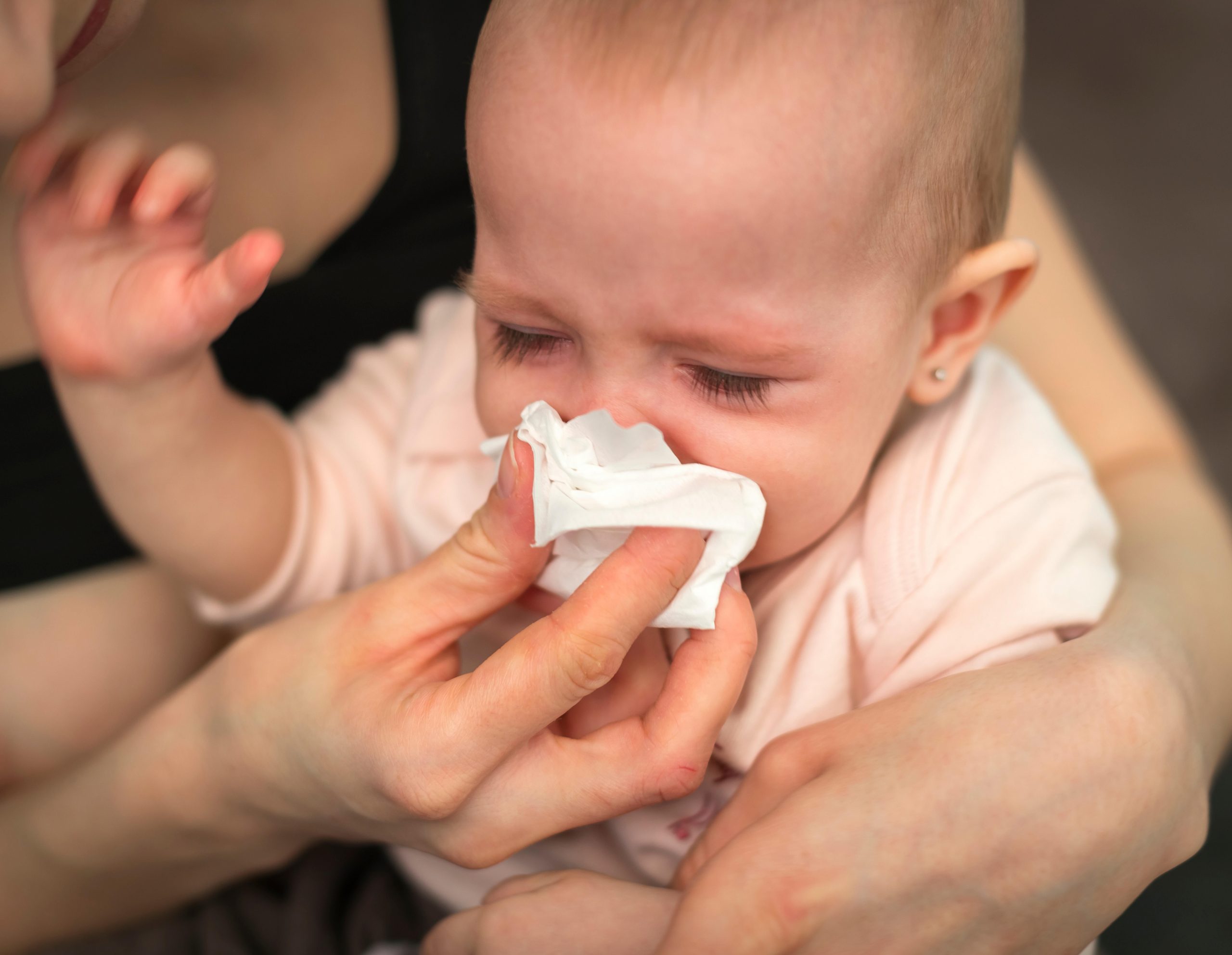
FRIDAY, Nov. 18, 2022 (American Heart Association News) — Soccer is filled with cardiovascular activities that can benefit the brain as well as the heart. From fullbacks sprinting back to prevent a counterattack to midfielders jogging up the other end to build up play, players on the pitch are rarely standing still. The quadrennial World… read on > read on >






























